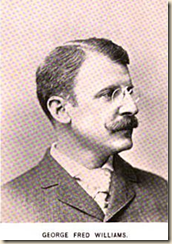Zeus10
Regular Member
- Messages
- 229
- Reaction score
- 19
- Points
- 18
Risen from foam cognates with Mycenean and Linear b
in Linear B the procceding of painting by baptising to liquid is Dy-te
,
Lab, this one is also amazing:
Risen from foam cognates with Mycenean and Linear b
But the second sentence is the chery on top:
in Linear B the procceding of painting by baptising to liquid is Dy-te


